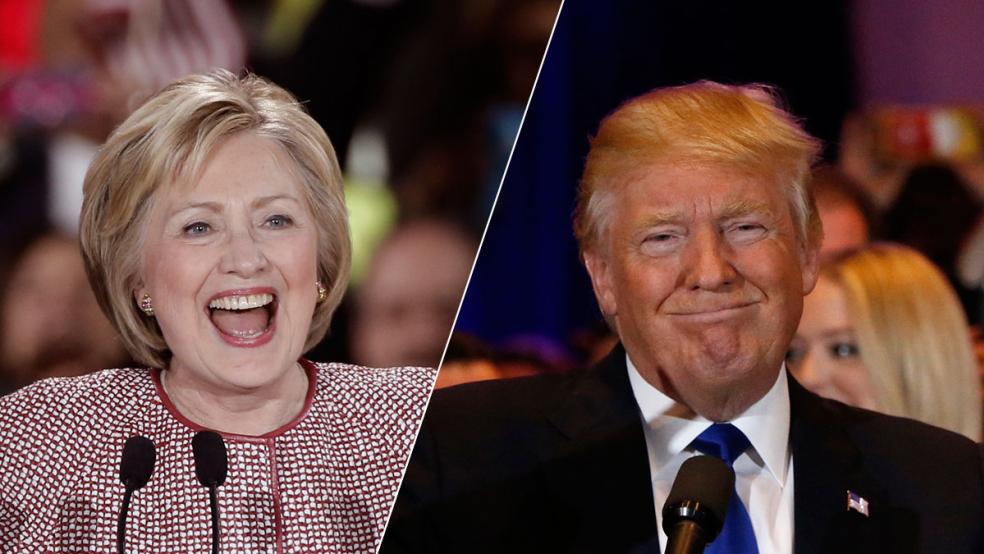While the final impact that Sunday’s shooting in Orlando will have on US public policy toward firearms is far from clear, a couple of events on Wednesday looks as though the murder of 49 people in a gay nightclub by a man claiming allegiance to the terror group ISIS night might actually have a substantial impact on the public dialogue over guns.
Late Wednesday morning, business in the US Senate ground to a halt as a group of Democratic senators led by Christopher Murphy, of Connecticut, began a filibuster that, they promised, would not end until their fellow lawmakers began to take decisive action to curtail access to the sorts of weapons used in multiple massacres including the attack in Orlando and the assault on Sandy Hook Elementary School in Murphy’s home state of Connecticut in 2012.
Related: Top Advisor Says Trump Might Support New Gun Restrictions
“There is a fundamental disconnect with the American people when these tragedies continue to occur and we just move forward with business as usual,” Murphy said. “So I’m going to remain on this floor until we get some signal, some sign that we can come together on these two measures, that we can get a path forward on addressing this epidemic in a meaningful bipartisan way.”
The likelihood of any sort of legislating specifically focused on the availability of weapons -- like the civilian versions of military rifles used in many recent shootings including both Orlando and Sandy Hook -- remains very low.
However, one unusual aspect of the current state of play is that for all their differences on virtually everything else, the presumptive presidential nominees of both major political parties appear to be in rough agreement on at least one possible response: That individuals suspected of having connections to terrorism or who are not allowed to fly on commercial airlines should also be barred from purchasing guns.
Hillary Clinton, in a speech after the shootings, called on Congress to take up legislation that would block people suspected of links to terrorism from being allowed to purchase firearms “with no questions asked.”
Related: Trump Says ‘Thousands of Shooters’ Like Orlando Terrorist Are in US Already
Speaking in Ohio, she said, “And yes, if you're too dangerous to get on a plane, you're too dangerous to buy a gun in America," she added. “Even as we make sure our security officials get the tools they need to prevent attacks, it's essential we stop terrorists from getting the tools they need to carry out attacks."
Similar legislation has failed in Congress before, with Republican lawmakers siding with the powerful National Rifle Association to block it. However, at the time, it didn’t have the backing of the GOP’s likely presidential nominee. On Wednesday, Donald Trump signaled that this time, it does.
I will be meeting with the NRA, who has endorsed me, about not allowing people on the terrorist watch list, or the no fly list, to buy guns.
— Donald J. Trump (@realDonaldTrump) June 15, 2016
That will likely be an interesting conversation, because of the NRA’s active opposition an effort to enact a similar measure in 2015.
Related: Clinton Slams Trump’s Anti-Muslim Rhetoric in Wake of Orlando Attack
Among other things, opponents of the proposal point to the fact that the terror watch list and no-fly list kept by federal authorities are opaque and unreliable. Multiple examples exist of people being placed on them in error or with little evidence who later find it is virtually impossible to have their names removed. The NRA argues, plausibly, that using the lists to restrict gun sales could result in the violation of some people’s Second Amendment rights.
Trump, who was endorsed by the NRA in May and delivered a speech that blasted terrorism but didn’t touch on the frequency of gun massacres in the US, did not indicate when he expected to confront the issue with the powerful gun lobby.





